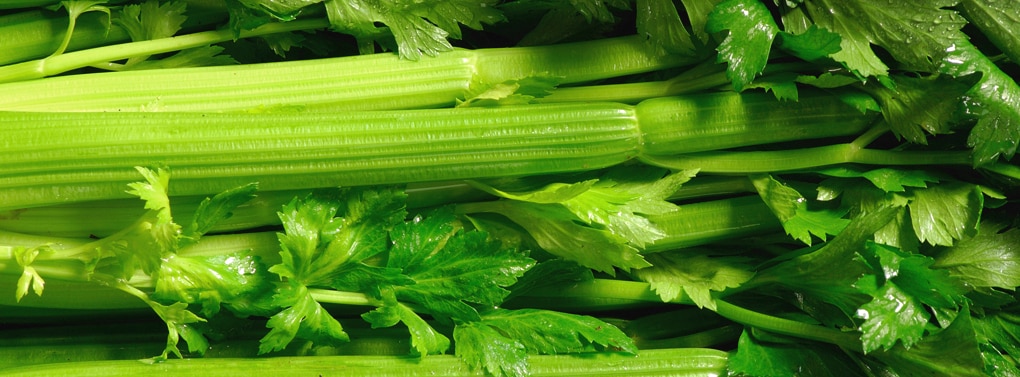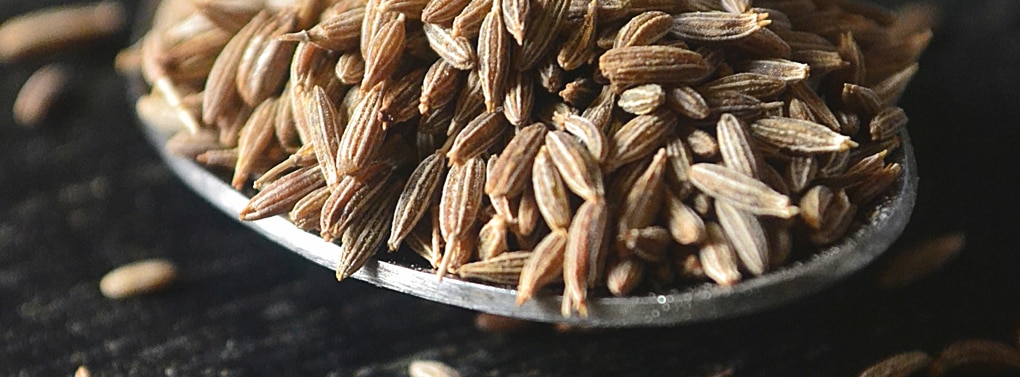Food for thought: what you eat could cause dark spots
Just when you thought it’s only the sun you need to worry about.
In Spots Free
The truth: our foods contain natural toxins that can increase sensitivity to the sun. This toxin is called psoralen.
Wait — how does psoralen work?
Psoralen is a photosensitizer, which makes our skin more susceptible to sun damage. When eaten or in contact with skin, it can increase the skin’s sensitivity to UV rays, increasing melanin production and eventually causing dark spots to appear.
What’s on the psoralen menu?
Parsnips, carrots and celery contain high levels of psoralen. It is also found in spices and herbs such as star anise, cumin, coriander, dill and mustard.
Citrus fruits are also sources of psoralen. It’s the reason lemon juice, a traditional remedy for dark spots, can actually cause more dark spots to form.
If you see any of your favorite foods on this list don’t panic. An average diet doesn’t contain enough psoralen to put your skin at risk. But if you’re a big fan of these foods, it’ll be a good idea to moderate your intake.

Shall I just stop eating these foods?
Definitely not. These foods are good sources of other necessary vitamins. Carrots, for example, are richer in vitamin A than psoralen, which doesn’t just balance out psoralen’s effects, but also boosts sun immunity and even helps to heal sunburns.
What you need is a solid skin-brightening routine to build up your skin’s strength and defenses.

